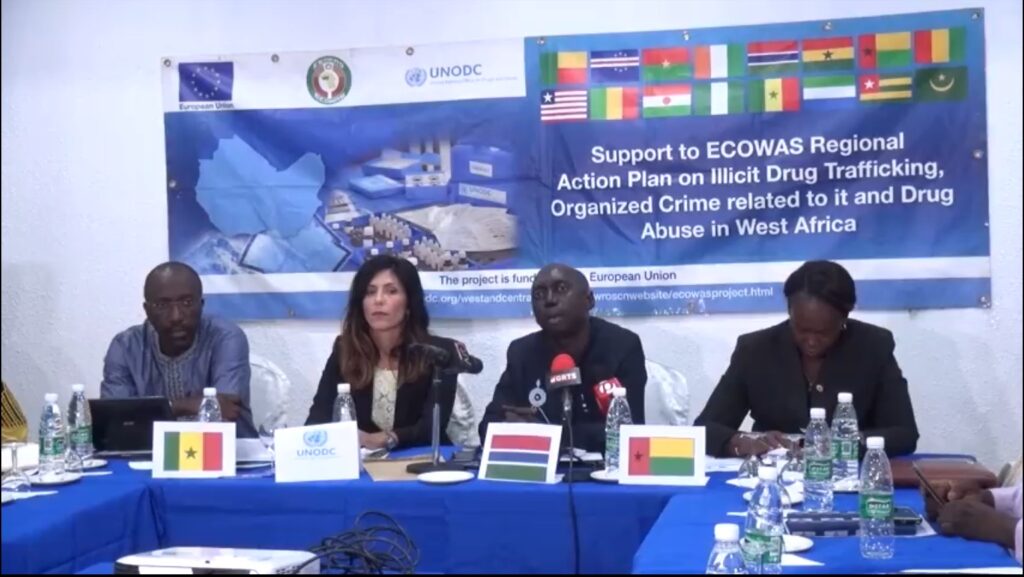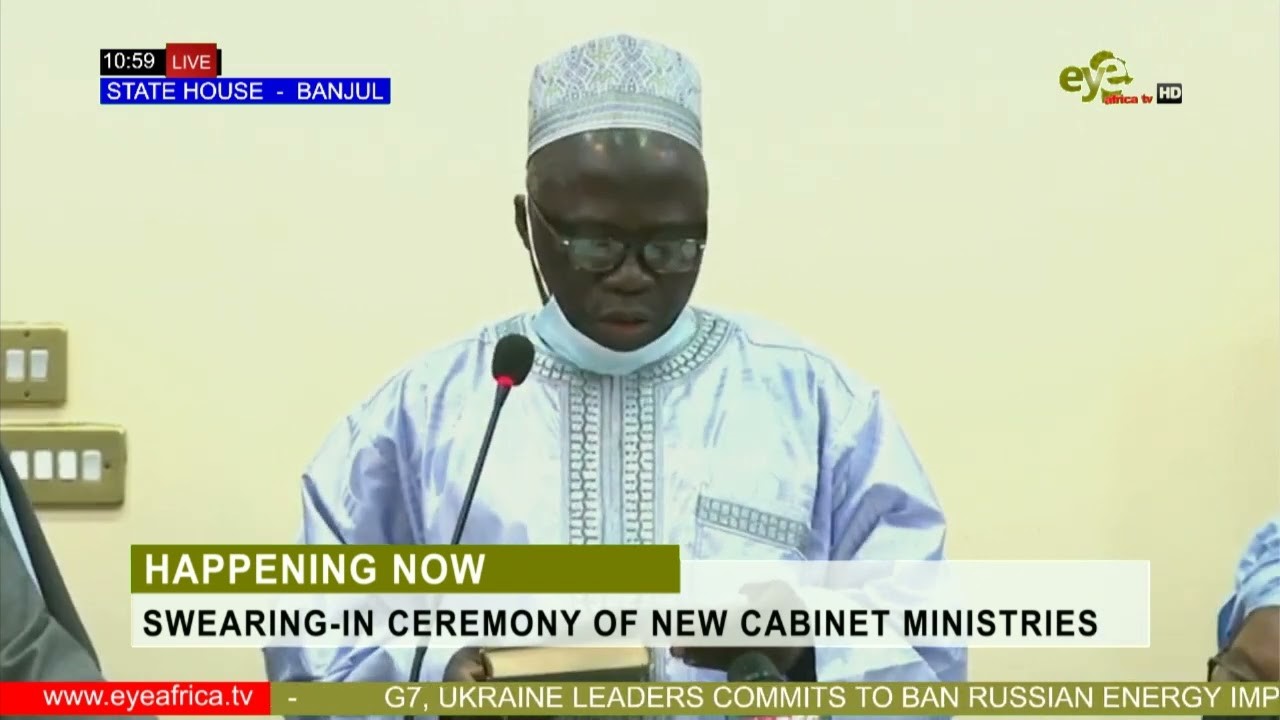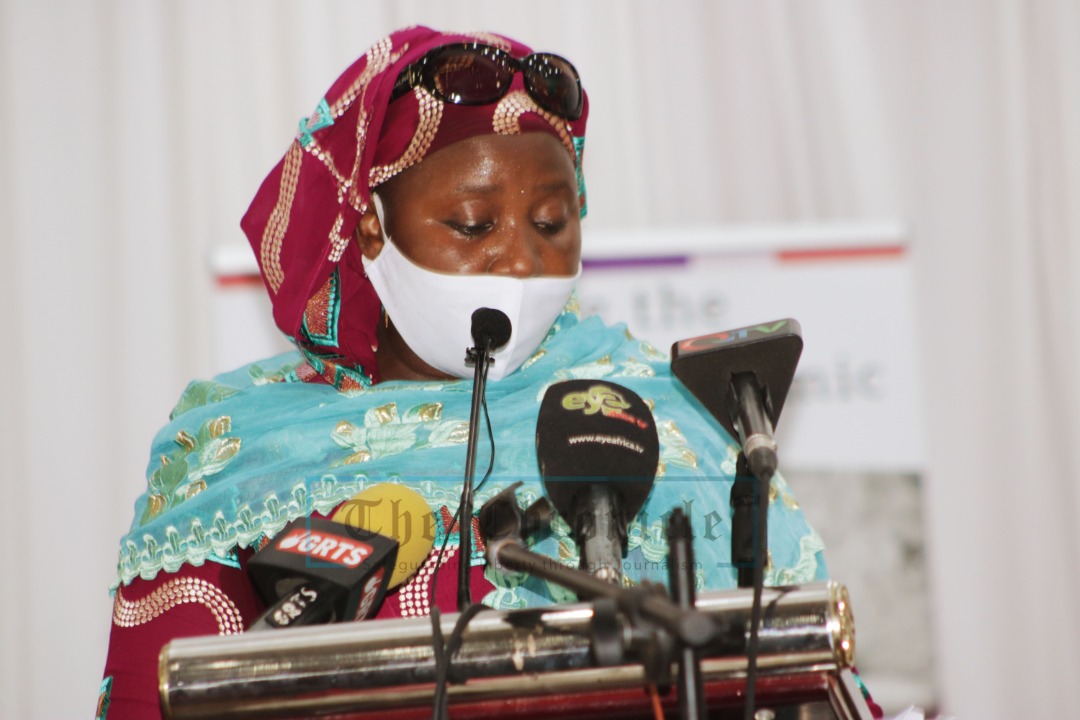Law enforcement officials from The Gambia, Senegal and Guinea Bissau have signed an agreement aimed at combating drug trafficking and other organised crimes along their borders.
The Memorandum of Understanding was signed on Friday by officers from the Drug Law Enforcement Agency The Gambia (DLEAG), The Office Central de Re’pression du Trafic Illicite de Stepfiants (OCRITS) of Senegal and The Judiciary Police of Guinea Bissau.
The Agreement, according to the officials, will enable the three countries to exchange information and intelligence, joint training and border patrols in the fight against drug trafficking and organised crimes.
Bakary Gassama, the DLEAG boss, said the multilateral agreement will be a model international cooperation in the fight against drug trafficking and solving the worldwide illegal drug trafficking problem.
“We are once again reaffirming our collective resolve for greater international cooperation supported by competent and capable law enforcement community better organised to face the daily fight against drug trafficking in the sub-region and beyond,” Gassama said.
“For many years now, our main challenges undermine the investigation and interdiction of transnational organised crimes particularly drug trafficking.”
Filomena Maria Vaz Lopes Mendes, the director general of The Judiciary Police, Guinea Bissau, pointed out that the fight against organised crimes, especially drug trafficking is imperative for the affirmation and consolidation of the democratic rule of law in the sub-region.
“This is because of the growing dynamics of this criminal phenomenon as the geographical space shared by our countries has been a serious threat to peace, political and social stability of our nations.
“The latest seizures of large quantities of cocaine that have occurred simultaneously in our countries, particularly in Guinea-Bissau and Senegal, prove that the illicit activities of the South American cartels in West Africa have been established within our countries,” she said.
Idrissa Cisse, director of OCRITS, Senegal expressed hope that the objectives set up by the three governments will be largely achieved in the implementation of the MOU.
“In this way, our units at the border posts will be able to act jointly and exchange information on a regular basis,” he said.
Cisse said that there is indeed an illicit drug trade in these three countries united by history and geography.
“The specialised law enforcement agencies have decided to embrace a coordinated and comprehensive response in partnership with specialised structures to combat illicit trafficking.”
Valentina Pancieri, UNODC Law Enforcement Expert said: “As you know, West Africa remains a vulnerable region affected by the threats of transitional organised crime. The increase in drug trafficking has particular negative consequences on population and states.”
The signing ceremony held at the Senegambia Beach Hotel was attended by director generals of the respective agencies, permanent secretary of the ministry of Interior and chairman of National Assembly Select Committee on Defence among other senior government officials.




